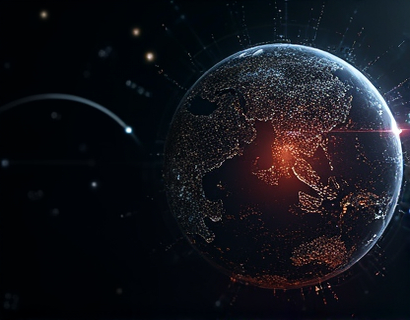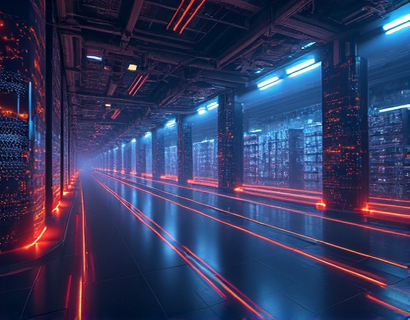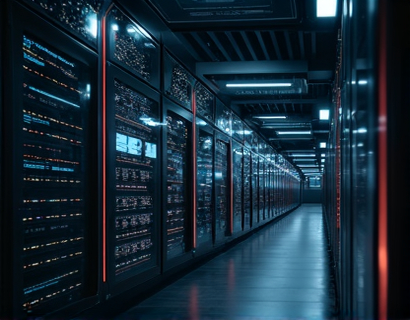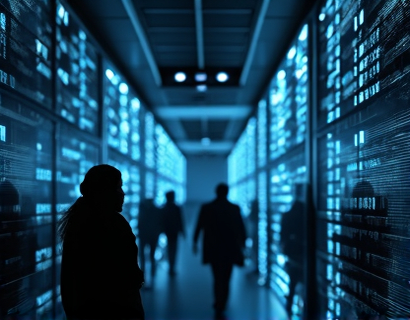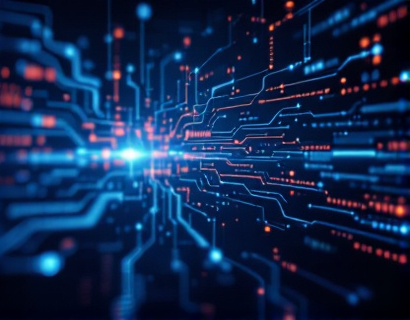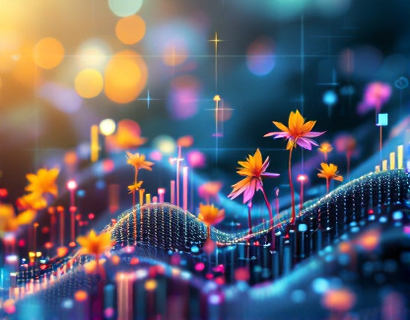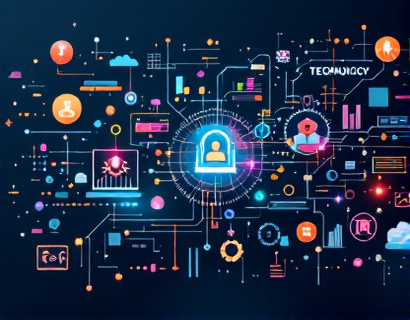Aquaculture Business Optimization: Leveraging Expert Software for Streamlined Operations and Resource Management
In the rapidly evolving landscape of aquaculture, business owners and managers face numerous challenges that can impact the efficiency and profitability of their operations. From managing complex logistics to optimizing resource use, the demands on aquaculture businesses are more stringent than ever. However, the advent of specialized software solutions has revolutionized the way these businesses are managed, offering powerful tools that streamline operations, enhance productivity, and optimize resource utilization. This article delves into the transformative impact of such software, highlighting how it is reshaping the aquaculture industry and providing essential insights for owners and managers seeking to thrive in a competitive market.
The Need for Specialized Software in Aquaculture
The aquaculture industry, while rich in potential, is fraught with complexities. From environmental regulations to market fluctuations, the factors influencing success are numerous and interconnected. Traditional management methods often struggle to keep pace with these challenges, leading to inefficiencies and suboptimal outcomes. Specialized software addresses these issues by offering tailored solutions that cater to the unique needs of aquaculture businesses. These tools are designed to integrate seamlessly into existing workflows, providing a comprehensive platform for managing various aspects of the business.
Streamlining Operations
One of the primary benefits of specialized software in aquaculture is the significant improvement in operational efficiency. These systems automate routine tasks, reducing the need for manual intervention and minimizing human error. For instance, feeding schedules can be precisely managed, ensuring that fish receive the right amount of feed at the optimal times. This not only improves the health and growth of the aquatic organisms but also reduces feed wastage, a critical factor in cost management.
In addition to feeding management, software solutions can oversee water quality parameters in real-time. Sensors and IoT devices connected to the system continuously monitor parameters such as pH, temperature, and oxygen levels. Alerts are triggered when values fall outside predefined ranges, enabling immediate corrective actions. This proactive approach to water management is crucial for maintaining optimal conditions and preventing diseases, thereby enhancing overall productivity.
Enhancing Productivity
Productivity in aquaculture is multifaceted, encompassing both the growth rates of the aquatic organisms and the efficiency of the business operations. Specialized software plays a pivotal role in boosting these aspects. By providing detailed analytics and insights, these tools help managers make data-driven decisions. For example, growth data can be analyzed to identify patterns and optimize breeding cycles, leading to faster growth rates and higher yields.
Moreover, the software can integrate with other business systems, such as inventory and sales management, to provide a holistic view of the operation. This integration ensures that all departments are aligned and working towards common goals. For instance, sales data can be used to forecast demand, which in turn informs production planning, reducing the risk of overproduction or stockouts.
Optimizing Resource Use
Resource optimization is a critical component of sustainable and profitable aquaculture. Specialized software helps in this regard by providing detailed resource usage reports and recommendations. Water usage, energy consumption, and feed intake are all monitored and analyzed to identify areas of inefficiency. For example, the software can detect patterns of high energy consumption during certain times of the day and suggest adjustments to operating schedules to reduce costs.
Furthermore, these systems can manage and optimize the use of chemicals and medications. By tracking the application of these substances and their effects on the aquatic environment, managers can ensure compliance with environmental regulations while minimizing waste. This not only protects the ecosystem but also reduces expenses associated with unnecessary purchases and disposal costs.
Improving Decision-Making
The data-driven approach facilitated by specialized software significantly enhances decision-making processes in aquaculture businesses. Managers gain access to comprehensive dashboards that provide real-time insights into various operational metrics. These dashboards can be customized to focus on specific areas of interest, such as financial performance, environmental impact, or production metrics.
Predictive analytics is another powerful feature of these software solutions. By analyzing historical data and current trends, the software can forecast future scenarios, helping managers anticipate and prepare for potential challenges. For instance, predictive models can estimate the impact of climate change on water temperatures and oxygen levels, allowing for proactive adjustments to management strategies.
Enhancing Customer Satisfaction
The benefits of specialized software extend beyond the internal operations of the aquaculture business to the customer end of the spectrum. By ensuring consistent quality and reliability in production, these businesses can build strong relationships with their customers. The software can track and manage quality control processes, ensuring that products meet or exceed industry standards. This attention to detail translates into higher customer satisfaction and loyalty, which are vital for long-term success.
Additionally, the ability to provide transparent and traceable information about the production process can be a significant selling point. Consumers are increasingly concerned about the origin and sustainability of their food sources. Specialized software can facilitate the documentation and reporting of these aspects, allowing businesses to market their products as sustainably produced and ethically sourced.
Case Studies and Real-World Applications
To illustrate the practical benefits of specialized software in aquaculture, consider a few real-world examples. A large-scale salmon farm implemented a comprehensive management system that integrated feeding, water quality, and production data. The result was a 15% increase in growth rates and a 10% reduction in feed costs. Another example is a shrimp farm that used the software to optimize water exchange schedules based on real-time water quality data, leading to a 20% decrease in water usage and a significant reduction in disease outbreaks.
These case studies demonstrate that the adoption of specialized software can lead to tangible improvements in both operational efficiency and financial performance. By leveraging advanced technologies, aquaculture businesses can overcome traditional challenges and position themselves for success in a competitive market.
Future Trends and Innovations
The aquaculture software landscape is continually evolving, with new innovations on the horizon. One area of focus is the integration of artificial intelligence (AI) and machine learning (ML) to further enhance predictive capabilities and automate decision-making processes. AI can analyze vast amounts of data to identify complex patterns and provide actionable insights that human managers might overlook. For example, AI-driven models can predict disease outbreaks based on subtle changes in water parameters and animal behavior, enabling early intervention and preventing widespread health issues.
Another emerging trend is the use of blockchain technology to ensure transparency and traceability in the supply chain. By recording every step of the production process on a blockchain, businesses can provide verifiable proof of their practices, from feed sourcing to final product delivery. This level of transparency not only builds trust with consumers but also helps in compliance with regulatory requirements.
Conclusion
The integration of specialized software in aquaculture businesses represents a significant leap forward in managing complex operations and optimizing resources. These tools not only streamline day-to-day activities but also provide the strategic insights necessary for long-term success. As the industry continues to grow and face new challenges, the role of technology in enhancing productivity, sustainability, and profitability will only become more critical. For aquaculture owners and managers, embracing these innovations is not just an option but a necessity for thriving in a competitive and dynamic market.










